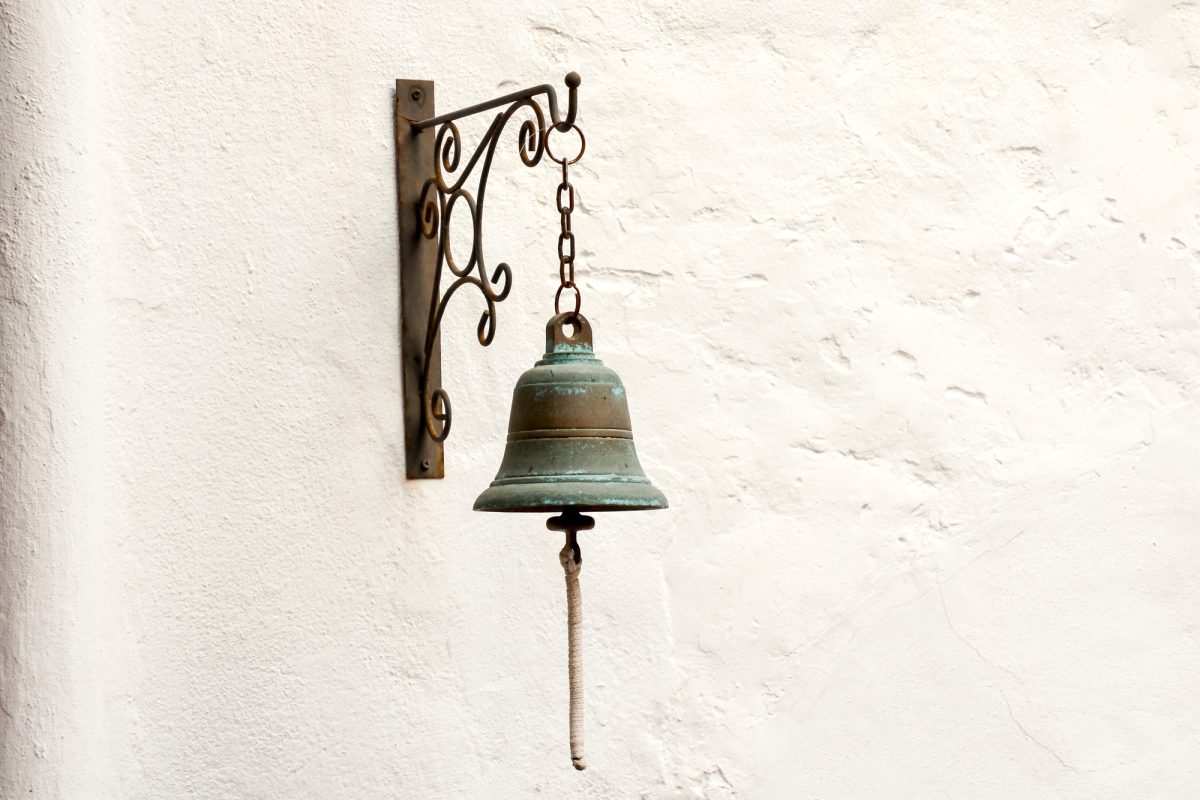Finding Lost Objects with Numerology
Are you one of those people who can never find anything? Or maybe you’ve lost something valuable or that really means a lot to you. Either way, you need to find your stuff, and you can do that with Numerology.
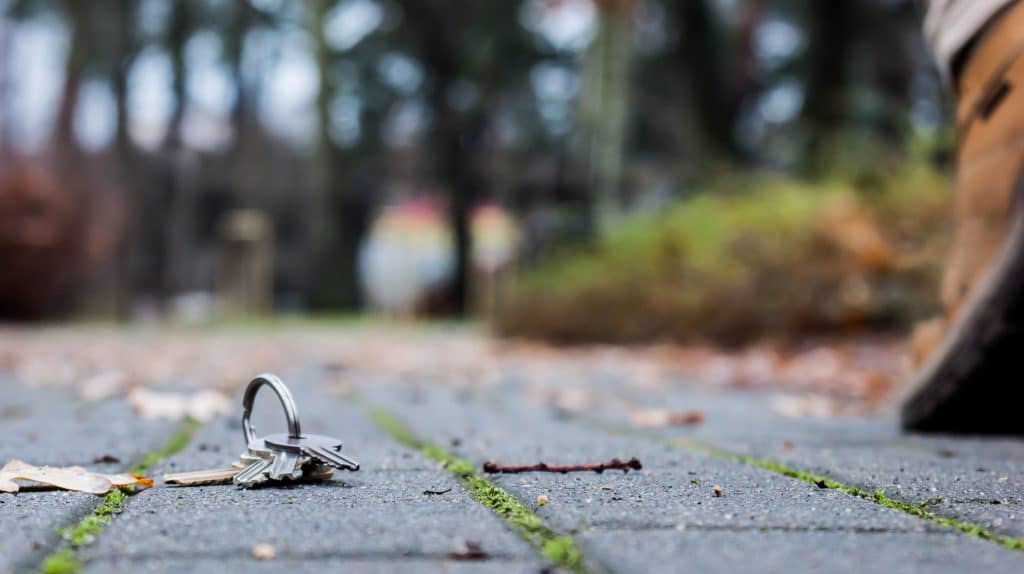
Table of Contents
Numerology
Numerology is based on number patterns and the idea that each number from one to nine resonates with the energies of the universe and with our human energies. The most popular method of numerology today is Pythagorean.
While Pythagoras did not invent numerology, he was the first to propose theories around the numbers. He discovered the connection between the energies of the numbers and the energies of musical notes.
Pythagoras also realized that he could use the numbers in the date of birth to help him analyze personalities. Pythagoras researched, developed, and taught numerology and established a relationship between the energy of numbers and the energies of human experience.
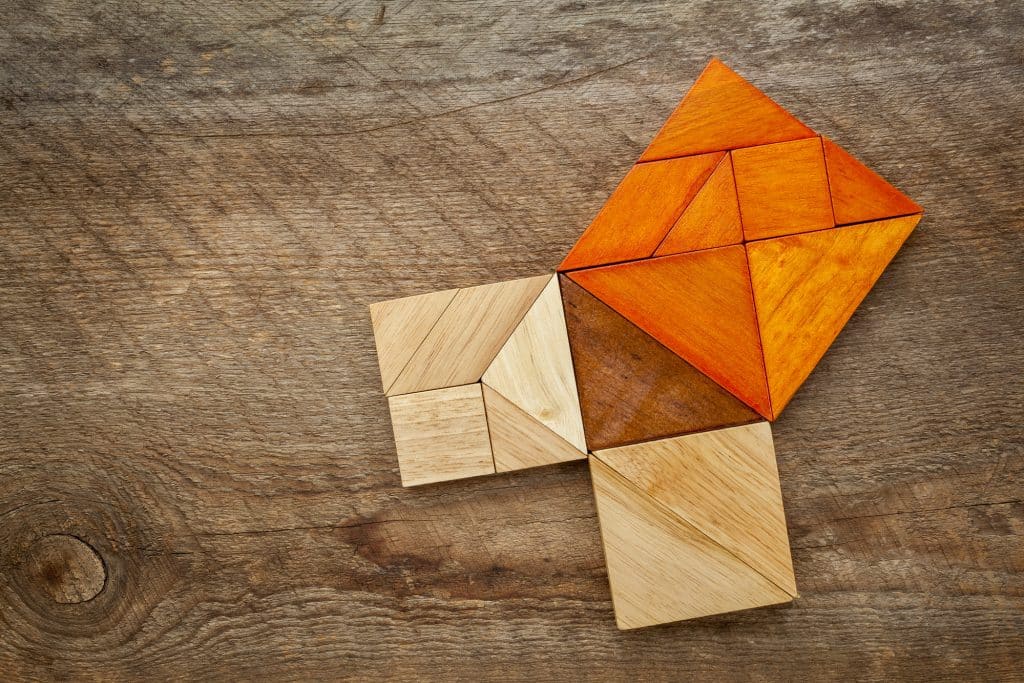
He also validated the relationship between letters and numbers and demonstrated how the numbers associated with a name resonate with those same energy patterns.
We can use these patterns to help us in our daily lives. If you have studied or looked at numerology, you are familiar with your Life Path and Destiny numbers, but you may not have thought of other ways numbers can help us.
Numerology can help us know what number a particular date is for you, and help you direct your energies in the most productive way.
Ways Numbers Guide Us
When we use numerology, we unlock a way to find our true path in life through our Life Path Number and learn what obstacles we will need to overcome. It can help us make positive choices and changes in our lives.
Our Destiny number can help us know what our path looks like and how we can most easily get there. It can also show us what obstacles there are, and how to overcome them.

We also use numerology to determine what type of month, day, and even year we can expect based on the number that corresponds to the month day or year. We can also use numerology for other purposes such as to find lost items.
Numerology to Find Lost Objects
If you are like most people, you lose things on a regular basis. We lose things all the time, usually because we sat the object down and did not pay attention to where we left it.
When that happens to us, we most often find the lost object quickly, although it may seem to take forever, especially when it is your keys or glasses, and you are trying to go somewhere.
However, sometimes we lose things and simply cannot find them. When that happens, we need extra help to find the item, and numerology offers us that help.
Our subconscious contains everything we have ever seen; however, digging out that information may take work. To locate missing items using numerology, first, sit and think about the item you have lost.
Do a mini-meditation and focus on this item for several minutes. Imagine it in your hands.

Once you have done this, write down the first 9 numbers that come to mind. These numbers should be between 1 and 9.
When you have the numbers, add them together. For example, If you were to choose the numbers 473513259, you would add 4+7+3+5+1+3+4+5+9=41.
You can then reduce the number further to number 5. These last two numbers are the ones you should look up in the chart, the 41 and the 5.
The number meanings below can help guide you to your missing items. Some systems do not include the first five items, and those systems stop at 81, and one system only uses the numbers 1 to 9.
However, the meanings of the numbers are the same regardless of the system, so this list includes all numbers from 1 to 84. Some of these overlap or repeat, but this allows for the differences in number energy.
Numbers to find missing items
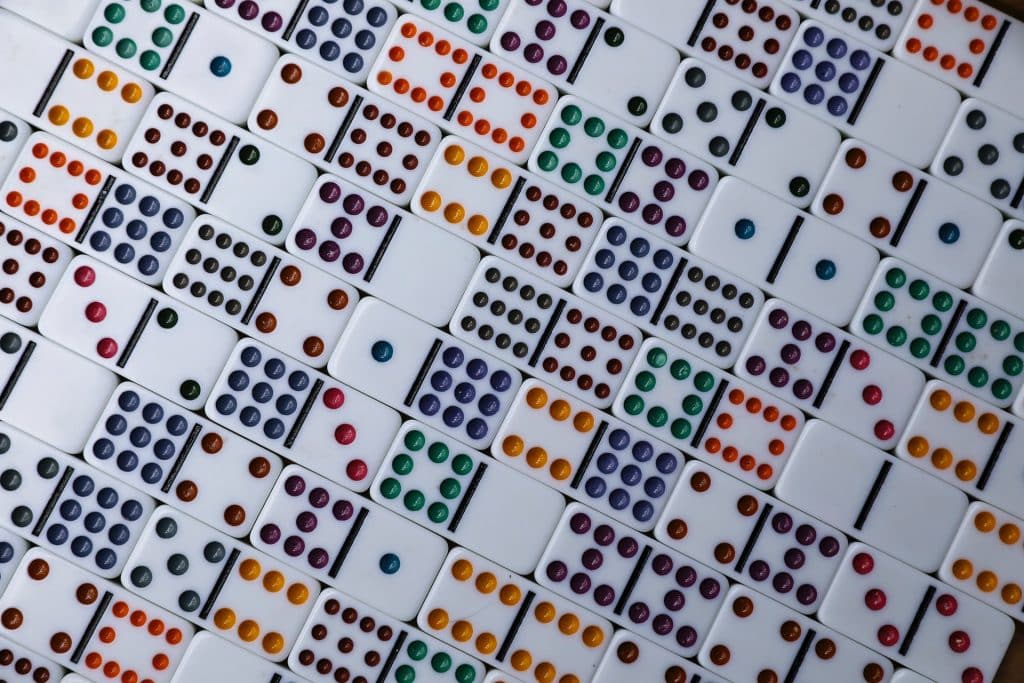
1-10
- Look in your bedroom or living room, toward the south end of the room. You can also ask any children who may be nearby.
- Look near fine linen, a vase, a basin, or a sink. You may need the help of someone else (most likely female) to find it.
- Look in papers, and books, and check your workspace.
- Sometimes, the item is not utterly lost, and you have it in your possession. Deep breathing to calm yourself will help you remember where you put it.
- Look near your hats, caps, or clothing.
- Look around your footwear, closets, shoe racks, or shelves.
- Look near items of clothing. It is also possible someone may be withholding information about the lost item.
- Someone you do not like will return the item.
- A child may have innocently taken it and will give it back to you as a gift.
- Look wherever you spend most of your time when awake. This may be your workspace, or another place either inside or outside your home.
11-20
- Look near a body of water such as a pool, lake, or pond.
- You will find it when looking for something else.
- Look in your closet.
- It may be difficult to find since it could have found its way into drainage or sewer.
- Look in the places your pets stash their treasures, or ask your spouse for help.
- It is possible you subconsciously wanted to lose it and you did. Think about whether you really want this object back.
- Look in the places you keep your valuables and luxury items.
- Look near soft objects like pillows, blankets, or towels. A word of caution: Keep this item close once you find it; you may not find it a second time.
- Look in sand or somewhere with no vegetation.
- Look for it near a body of water inside your home.
21 – 30
- Look in a filing cabinet, briefcase, or purse.
- You will find it soon.
- Look close to your current location, and check any furniture near you.
- Look again where it is supposed to be. If you have recently changed its storage space, look in the old storage space.
- Look in your personal belongings or near something round and white, or a source of light.
- Ask the oldest people in your home about it.
- It may be damaged. However, check your car or garage.
- Someone else found it and does not want to give it back.
- Someone close to you such as an elderly person or a child will return it.
- Look among toys or art materials
30-40
- Look near moving water close to your home.
- Look in high places. If you have a balcony, check there.
- Look near religious artifacts or a Christmas tree if you have one.
- Look at your sources of heat and light. Your item should be close.
- Look around your bathroom or somewhere in your home there is running water.
- Check the personal belongings of those you are close to. Items tend to get buried under dropped belongings.
- Look for a religious artifact near your home, in your home, or any home to the east of you.
- Look at places you visit regularly and the path to get there.
- Look on shelves, cat trees, or anywhere high.
- Look for it wrapped in soft material or protective packaging.
41-50
- Look wherever you keep shoes, closets, mud rooms, or shoe racks.
- Return to restaurants, or anywhere you have eaten.
- Look near your sofa or bed or check inside folded sheets or blankets.
- Have you renovated lately? Check in that area, or somewhere dusty or dirty.
- Watch for it because it is somewhere you pass every day.
- Ask someone you are close to such as your spouse or a co-worker.
- Ask any workers who have been in your home, or your subordinates at work.
- Look near your drinking water, alcoholic beverages, or cooking utensils.
- It is most likely damaged and permanently lost.
- Check your vehicle.
50-60
- Look in your place of worship or places such as hospitals or rehab centers.
- Your partner may have lent it to someone you may not know.
- You will find it when you are not home.
- Check to make sure your kids are not playing with it. It is moving around.
- Look around drains or pipes.
- Go back to the last place you went before you realized you had lost it.
- Check the pockets of any athletic wear or gear.
- Someone stole it, and you may not get it back.
- Look in your pantry or a darker area where you keep flour or dry ingredients.
- There is little chance of recovering the object.
61-70
- Look in the basement.
- You lost the item far from your home, and you will not find it.
- Look in the attic or anywhere you store things.
- Declutter and reorganize your home. You will find the item you seek, and other items believed lost.
- You need help to find the item.
- A thief with a physical disability has taken it.
- A younger family member (probably female) will find and return it.
- Although it has been lost and found twice, a third person will find it, and then you will get it back.
- Look near friends’ or relatives’ homes you visited recently.
- Look near your study materials.
70-84
- Look for it near printed materials.
- Look inside vases, bowls, or any containers with an open top.
- Call the police if you want fast recovery.
- Someone you have been unkind to will return it.
- You will find it, but it will be damaged.
- Look in the kitchen or pantry.
- Someone loyal will find it and return it.
- If you find it, it will be damaged.
- Look in or close to metal objects or containers.
- You will find it when you least expect it.
- It went out with the garbage; you will not be able to get it back.
- Check your kitchen thoroughly.
- A young female will find and return it to you.
- Look inside a square item such as a trunk or a box in your home.
These numbers can help direct your search and improve your odds of finding your missing item. When you look at the numbers you developed, make sure to look not only at the single-digit number, but also look at the two-digit number.
The more help you have in using your intuition, the better off you are. Looking at both numbers can help you get a complete picture of where to search for the lost item.
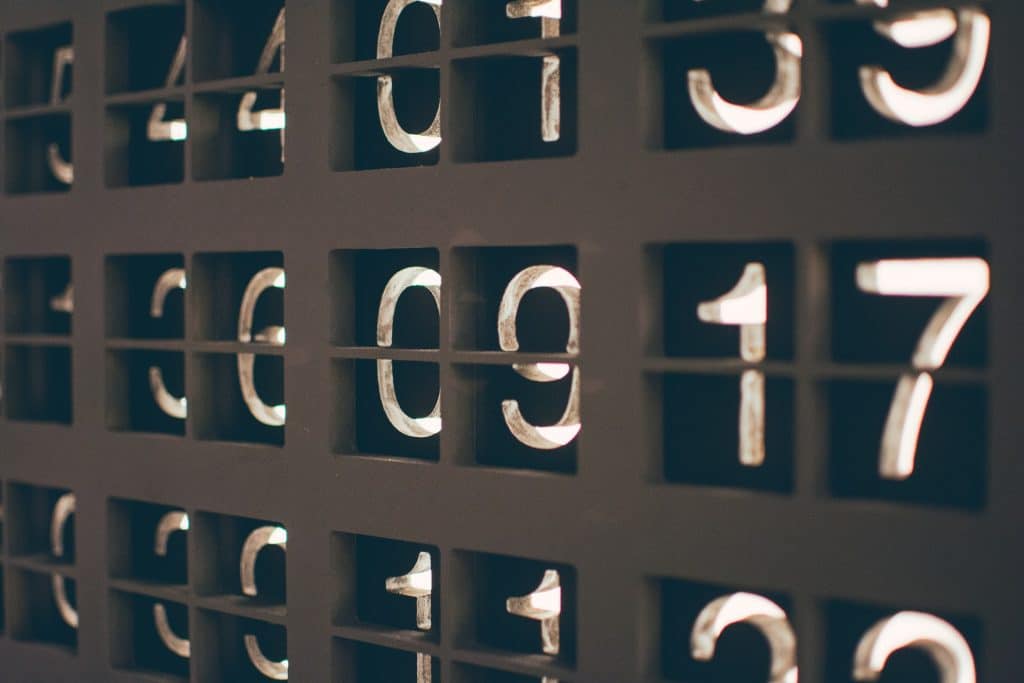
Numbers can help us in all aspects of our lives because of the close association between the energies of numbers and our personal energies. They can help you think through the obstacles in your life path, or help you find a missing item.
How you use your numbers is up to you, so make sure to think your way through whatever issue you are having to ensure you make the best choices possible whether you are facing a major life issue, or simply searching for a lost item.




